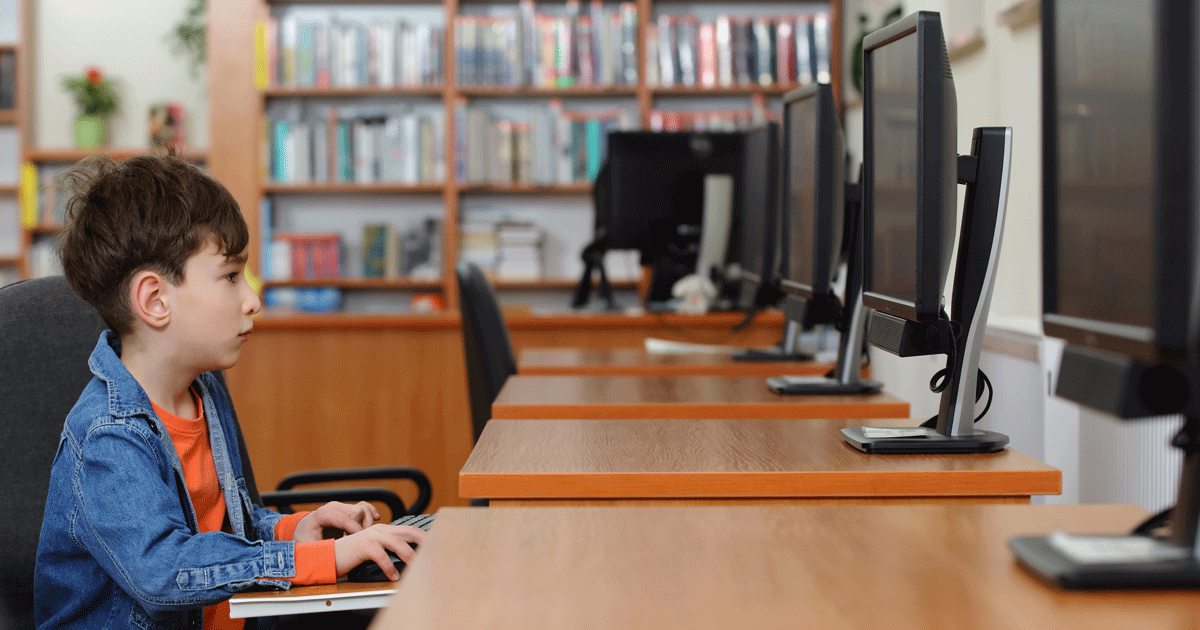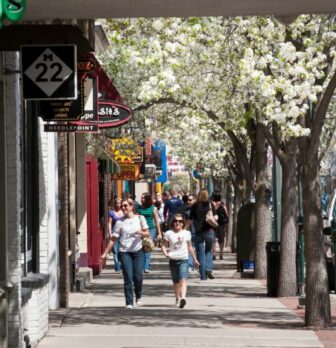I’m pleased to refer our readers over to a recent opinion piece by journalism professors Andrea Gabor and Vera Haller at CUNY’s Baruch College in New York on what they learned during the spring’s quick pivot to remote learning.
I was struck by what they found worked in remote education:
- They kept lectures to a minimum and used videoconferencing more for group conversation. They kept the paces of the class quick and communicated frequently in different modes.
- They stayed engaged in the real world. They had to cancel a planned reporting trip, but still interviewed sources and engaged in the story in reporting teams as they would have on their trip.
- They had students work in small teams on their projects. Small teams are more manageable via videoconference, and make it easier for all students to actively participate.
- They leveraged the relationships they had already developed with students.
They write:
One key takeaway is that students are highly motivated when they become active participants in research and are introduced to people working on the issues being studied. Another is the importance of being strategic about building student participation into every class – for example, by assigning pairs of students to prepare short background presentations each week.
This called me back to a visit to High Tech High I made in 2019, where multiple teachers explained that they often began projects by coaching students to think about who some real-life experts are in a topic, and to reach out to those people for interviews or support. This kind of work opens an important perspective for young people: that they can investigate and probe reality and that their work can matter beyond their GPA. This is deeply engaging. While Gabor and Haller don’t call their approach to undergraduate political reporting course “project-based learning,” it is just that.
By prioritizing student engagement in authentic work (meaning, the students were real investigators to a real-world scenario and interviewed actual experts in the issues they were covering) (authentic work also usually means there isn’t a “right” answer, just different depths of exploration and analysis), and by prioritizing relationships and engagement, these professors made their classes a place of interest, respite, and care during a tumultuous time. Simultaneously, their students were learning.
You may hear people talk about teachers as though some are good at relationships and some are good at content. Research suggests that the best teachers are good at both; they leverage authentic relationships for deep learning. The pandemic is laying this truth out for us urgently—but it was true before as well. Without real relationships and meaningful work keeping them engaged, students who are boxes on a computer screen can literally go dark.
While Gabor and Haller are particularly thinking about how to make remote learning work for high school and college-age students, I can see corollaries in middle and elementary school kids as well. Younger kids can ask, “What’s happening in my community?” They can interview each other, family members, and—remotely—others in their neighborhood or the neighborhood of their school. They could measure the impact on local businesses. Their questions can be integrated across subjects: they could graph their results for math, study the pandemic of 1917 for history, or map business closures for social studies, and explore oral histories for literature. Over any of these topics, a greater understanding of the economy and jobs—questions like, which jobs are at greater risk due to covid?—could be layered on for students trying to figure out their futures.
Relationships and engagement are the key to learning for kindergartners as much as high school sophomores—and frankly, for adults doing their jobs remotely as well. The authors of “Can Zoom classes keep students excited and engaged? We have found some ways,” as the “some ways” in the title of their piece reveals, don’t think this is easy, or a fabulous opportunity, or preferable to in-person learning. But they are paying attention to how to make the best of it, and the lessons are applicable across education.
We need to understand that relationships and authentic projects are motivating to students, and that motivated students do the deepest learning. This was true before, is critically true now, and will be true when the pandemic is over.







